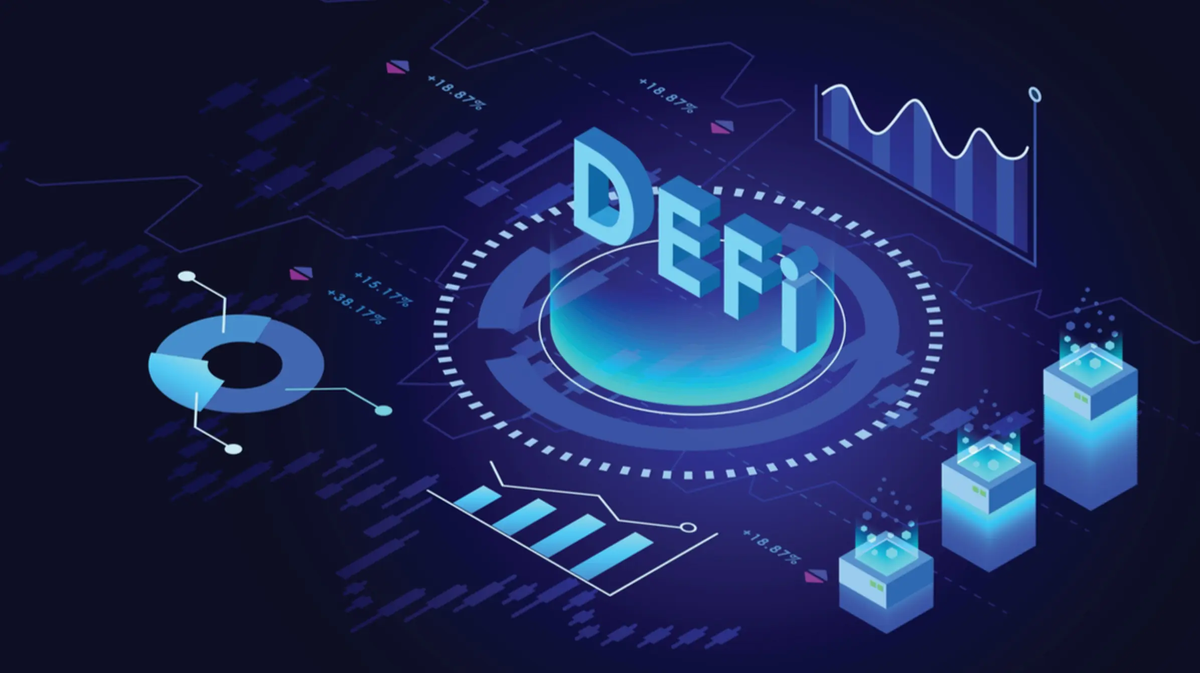
The concept of DeFi has become more controversial after the recent trouble that large crypto exchanges have been going through after the crash of FTX. The influence of this catastrophe on the future of DeFi is vague.
In the wake of the FTX collapse, there has been more and more talk about DeFi and its ability to compete with the traditional financial system. For example, JPMorgan’s stance on DeFi future was strictly negative. However, according to the creator of the Uniswap Protocol Hayden Adams, a decentralized system has much more advantages nowadays than it seems.
First of all, he points out an inherent lack of transparency in the traditional financial system. Banks are prone to risk build-ups, with their vague balance-sheets that are hard to follow in the short term. He cites the example of Lehman Brothers, a bank which filed for bankruptcy in 2008 and provoked the world financial crisis. It took more than a decade to unwind this story in detail. DeFi, on the other hand, provides an opportunity to easily access “balance sheets”, e.g. info regarding trading or lending. Any user can track assets and liabilities of a protocol at any given moment.
Secondly, he draws attention to self-custody opportunities for users. They include the ability to choose their own security model, and to decide whether they use their private keys or share them with a security provider such as Coinbase, for example. Their wallets turn to trading and lending protocols directly without a necessity to be attached to the balance-sheet of a financial intermediary.
He also mentions the important role of smart contracts in a decentralized financial system. They play a major role in unbundling financial services, like custody, exchange or borrowing functions. The current regulations already imply that brokers and exchanges do not intersect. Coinbase, for example, also has made progress in that direction, providing users access to lending and borrowing crypto through the Compound protocol.
Considering all the above, he emphasizes that DeFi is only at its dawn. There might be some inconveniences right now, like slow speed or not user-friendly products. We should remember, though, that nothing is done overnight and there is work that should be carried out. It will take some time for these projects to mature, but the potential is huge.
